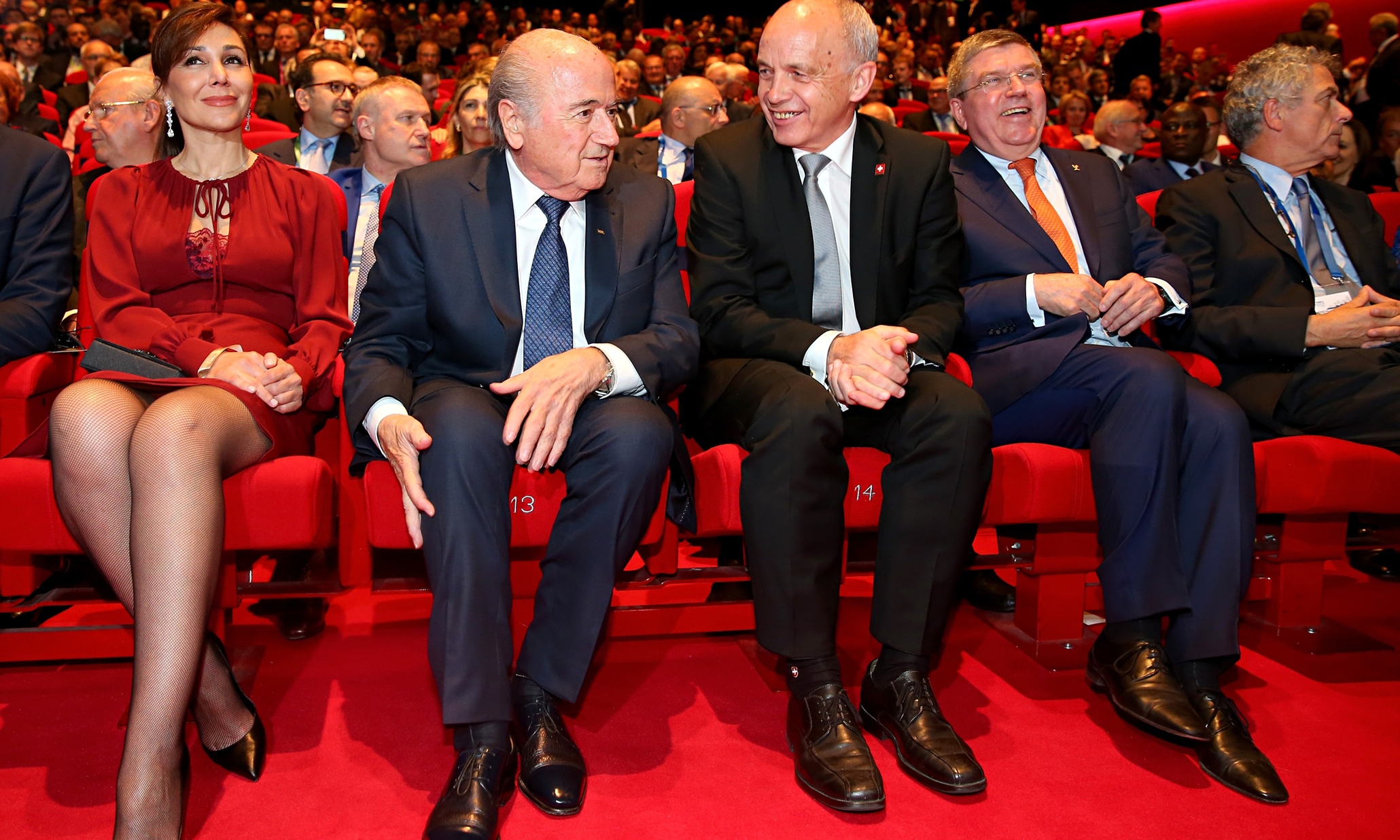On February 26th, FIFA will convene a special Congress to elect the next President of the world’s most prominent soccer organization. Its previous president, Sepp Blatter was reelected for another term on May 29th, 2015, but subsequently resigned four days later amid about twenty different ongoing corruption investigations, so FIFA’s session this Friday will choose Blatter’s successor. Five candidates are eligible for election, but it has been reported as a two-man race between Sheikh Salman of Bahrain and Gianni Infantino of Italy.
People hear “presidential election” and go crazy, instantly assuming that it’s the most important thing ever. Almost all news coverage of the upcoming FIFA Congress has focused on the presidential race: analyzing candidates’ resumes, evaluating their possible histories of corruption, and attempting to predict the winner. The next president is not the most important choice that FIFA’s two hundred and nine member countries will make this Friday; rather, a referendum on solutions to corruption in the organization will be much more significant for the future of FIFA.
This FIFA Congress is expected to vote on the following reforms: term limits for senior positions within FIFA (no limits currently exist), separation of powers between political and business operations, independent monitoring of all financial transactions, commitment to develop women’s soccer and promote the participation of women in FIFA executive administration, integrity checks by an independent body on all appointments to FIFA senior management, and selecting more independent members to committees. None of the changes are farfetched or outlandish; all would be common sense additions to the FIFA rulebook.
It’s no secret that FIFA has a long way to go to clean up its act. Corruption has permeated the organization’s leadership, revealed after more than thirty executive officials were indicted in a U.S. Department of Justice investigation. Also, Blatter and Michel Platini, head of the European Soccer Federation, were suspended by the FIFA Ethics Committee because Blatter sent Platini a payment of 1.3 million British pounds. Platini was widely considered the favorite to win this presidential election until he and Blatter were banned from the organization for eight years each following an investigation into the corrupt payment. This referendum would be a massive change to push FIFA in the direction of clean business practices.
FIFA needs widespread reform to improve its public reputation, but those changes can’t come from the president alone. If the president wants to make a change, he/she will need the support of member countries in order to accomplish the task. The president obviously has a large amount of influence on policy, but this referendum would be an immediate positive change for FIFA, whereas the president would have to petition to pass any new legislation. The opportunity for change is right in front of them.
All five candidates for the presidency are running anti-corruption platforms, promising to end the nefarious business dealings that have been so common over the years. This is why the presidential election is immaterial in the war-on-corruption; no matter who is elected, the organization’s corruption is so publicly documented that the new leader will have to make strides to combat the crookedness that is FIFA, or there will be widespread public uproar.
Although it’s unrelated to the corruption that is FIFA, diversity of gender in the executive body is lacking and must be reformed as well. Only one of thirteen members of FIFA’s reform committee is a woman. Less than one percent of the voters in Friday’s FIFA Congress will be women, and less than half of FIFA’s national federations have girls’ soccer programs. The proposed reformations to increase the involvement of women in FIFA leadership will be extremely influential in promoting gender equality in world soccer.
While the next FIFA President will get the majority of publicity this Friday, the more important vote for the future of the organization will hopefully accept reformations to limit corruption and increase gender diversity in executive leadership. The new president will have a difficult battle ahead of him; the corruption in FIFA cannot be solved solely by one referendum. But, it would be a positive start, and things are undoubtedly trending up for the organization in the war on corruption.







